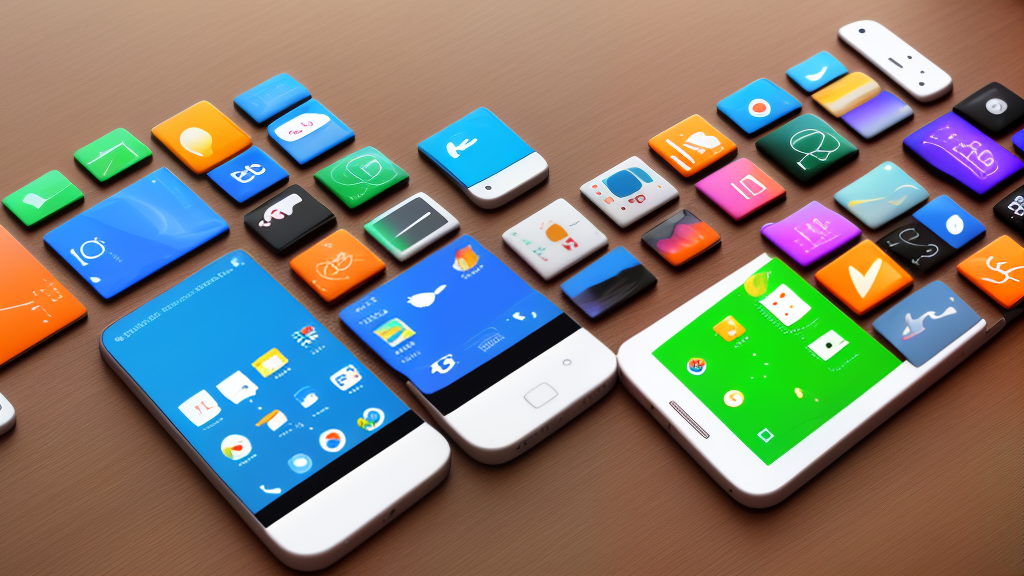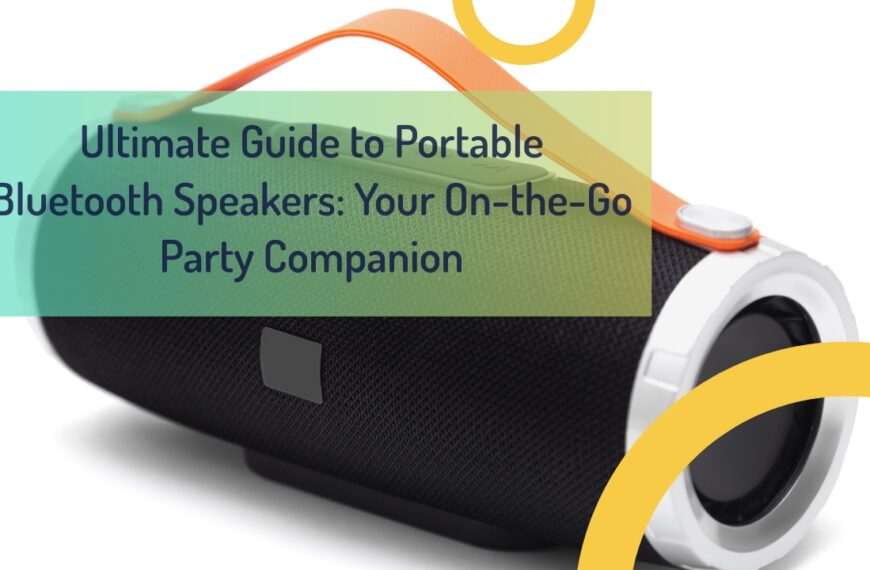Navigating the Differences Between Android and iOS: A Comprehensive Guide
In the realm of mobile technology, the Android vs. iOS debate has long been a topic of heated discussion among tech enthusiasts and smartphone users. This blog post aims to unravel the intricacies of these two major operating systems, shedding light on the nuances that distinguish Android and iOS devices. Join us on a journey to explore the key differences between Android and iOS, understand the unique features of each platform, and make an informed choice when it comes to selecting your next smartphone.
Understanding Android and iOS: What Sets Them Apart?
Android and iOS stand as the two giants in the world of mobile operating systems, each offering a distinct user experience and ecosystem. What are the fundamental differences between Android and iOS in terms of design, functionality, and app availability? Let’s delve into the core aspects that define these operating systems and shape the user experience on Android and iOS devices.
Exploring the App Ecosystem: Google Play Store vs. Apple App Store
One of the defining features of any mobile platform is its app ecosystem. Android users rely on the Google Play Store to access a plethora of apps, games, and services, while iOS users navigate the curated environment of the Apple App Store. How do app offerings, quality standards, and developer support vary between Google Play Store and Apple App Store, and what impact does this have on user experience and app availability?
Device Customization: Android’s Versatility vs. iOS’s Cohesion
Android is known for its open-source nature and extensive customization options, allowing users to personalize their devices to suit their preferences. In contrast, iOS devices like the iPhone offer a seamless ecosystem with optimized performance and tight integration across Apple products. How does Android’s customization potential differ from iOS’s cohesive user experience, and what factors should users consider when choosing between device versatility and ecosystem cohesion?
Security and Privacy: Comparing Android and iOS Approaches
Security and privacy are paramount considerations in today’s digital landscape. While iOS is often praised for its stringent security measures and privacy controls, Android has made significant strides in enhancing its security features and protecting user data. How do Android and iOS approach security, encryption, data protection, and privacy settings, and what assurances do they provide to users concerned about safeguarding their personal information?
Device Compatibility and Ecosystem Integration: The Apple vs. Android Experience
Apple’s ecosystem offers seamless integration across devices like iPhones, iPads, Macs, and Apple Watches, providing a unified experience for users invested in the Apple ecosystem. In contrast, Android devices cater to a wide range of manufacturers and offer diverse choices in terms of hardware and pricing. How does device compatibility, ecosystem integration, software updates, and cross-device functionality differ between Apple devices and Android devices, and how does this impact user convenience and experience?
Key Takeaways:
- Android and iOS offer distinct user experiences tailored to different preferences.
- App ecosystems on Google Play Store and Apple App Store vary in terms of offerings and quality.
- Device customization is a hallmark of Android devices, while iOS devices prioritize ecosystem cohesion.
- Security measures on Android and iOS platforms play a critical role in protecting user data.
- Device compatibility, ecosystem integration, and cross-device functionality differ between Apple devices and Android devices.
Frequently Asked Questions: Navigating the Differences Between Android and iOS
1. What are the key differences between android and ios?
Android and iOS are two major mobile operating systems used in smartphones. While Android is an open source platform developed by Google, iOS is a proprietary system exclusive to Apple devices. Android offers more customization options, while iOS is known for its seamless integration with Apple products and services.
2. How do I decide between an iphone or an android phone?
Choosing between an iPhone and an Android device ultimately depends on your preferences. If you prefer a more closed ecosystem with a sleek design, you might lean towards an iPhone. On the other hand, if you value customizability and a wide range of device options, an Android phone might be the way to go.
3. Can I use the same app on both android and ios?
Many apps are developed for both Android and iOS, allowing users to access their favorite applications across different platforms. However, certain apps may offer different features or experiences based on the operating system they are running on.
4. How does iphone 15 pro compare to new iphone models?
The iPhone 15 Pro is a high-end model in the Apple




